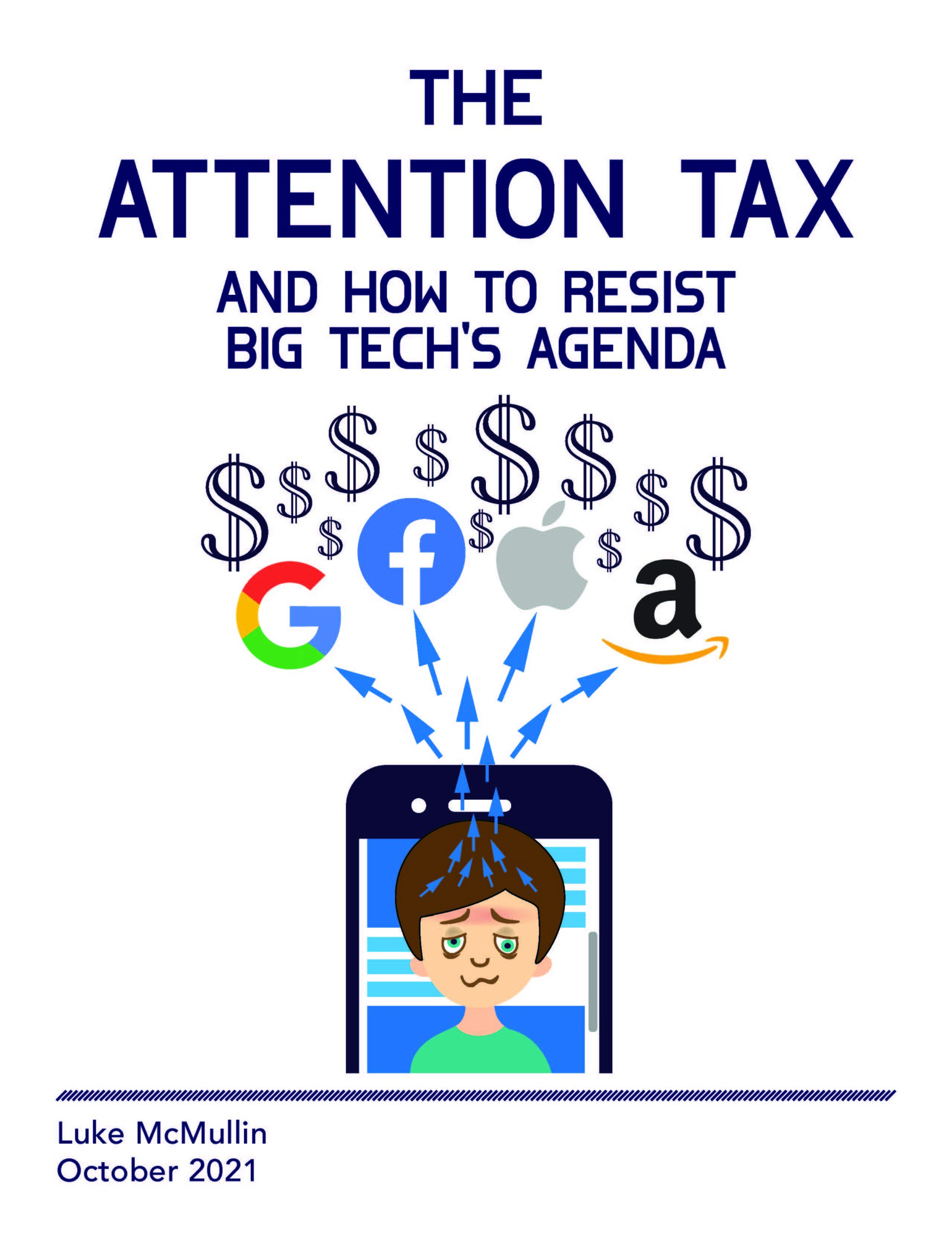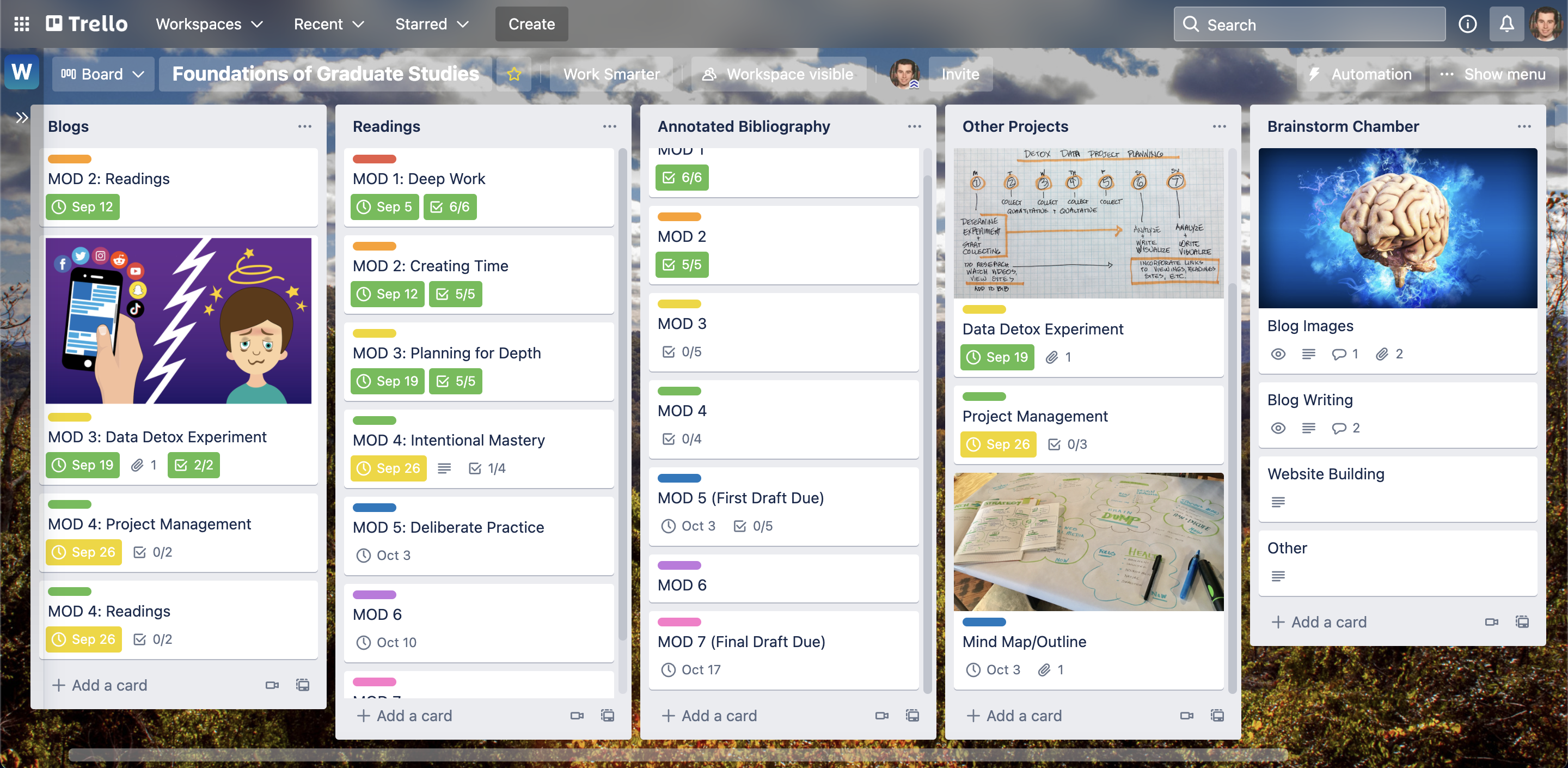
Yes, you read the title correctly. Being lazy is good.*
Allow me to elaborate. As I was reading Rule #2: Work Deeply in Cal Newport’s novel Deep Work, I stumbled upon an intriguing theory about work management. What’s more is that there is a whole section in the chapter under the name ‘Be Lazy.’ My first reaction when starting this section was how contradictory it seemed. After all, this book is about how to work well, right? Then what does he mean by ‘Be Lazy’? Seems like good news for Robbie Rotten, though.
Essentially, what Newport is implying is that idleness—or doing nothing of what’s deemed important or valuable—is not inherently bad. In fact, it can be good for you. And it can lead to better overall performance.
Newport references an experiment performed by a group of psychologists from the University of Michigan for the journal Psychological Science. They divided their subjects into two groups, where one group was asked to take a walk in a wooded area near the campus, while the other group was asked to do so in the middle of the city of Ann Harbor. Then, both groups were given a very concentration-heavy task. Their main finding may or may not surprise you: the nature group performed twenty percent better (146).
This may have to do with the fact that walking in a city requires a lot more focused brainpower, such as being aware of when to cross the street and making sure you’re not bumping into people. Newport calls this “directed attention.” Meanwhile, in nature, you do not have to do any of those things, for your mind is exposed to “inherently fascinating stimuli” in a relaxed manner (147).
So what is happening here? Why the connection to nature? This study, according to Newport, was conducted to support the Attention Restoration Theory (147). This theory asserts that you are able to rehabilitate your mind’s ability to give sharp attention to difficult tasks if you “give that activity a rest.” Within nature, you are liberating your mind from intense concentrated thought (148). This could perhaps be comparable to if you were sitting on a couch eating your favorite snack and watching Netflix. After all, both activities stimulate the mind in a very leisurely way.

I may be biased, but I can attest to this theory as a nature lover. I enjoy hiking, especially in the fall when there is the most color in the trees. When I’m just wandering through a forest, I am also letting my mind wonder through it, basically in a tranquil zen state. Instead of forcing my mind to pay attention to something particularly challenging, I am letting it choose its attention. When I see a view, I feel temporarily liberated from all obligations, worries, and frustrations. And there better be no vibrations from my pocket to distract me with shallow work. In the grand scheme of things, for a brief period, nothing matters. And then when I return to my busy life, I feel recharged.
Now, does this mean that being lazy all the time is good? Obviously—or not so obviously—no. The key is to have well-defined mental leisure periods. Work hard and concentrate when you need to do so, but once you are finished with your work day, switch your brain to off-mode. In other words, next to everything else that is on your to-do list, allocate time in your day and week to do nothing.
Newport mentions that in order to effectively shut down your mind, you must perform what he calls a “shutdown ritual.” To summarize, at the end of each work day, for each task or goal that is incomplete, write it down, review it, and then assess whether you have a plan for its completion or revisit. Then, once you have everything sorted out for later, officially shut your mind down (151). Though, you do need your mind to drive home safely if need be.
I definitely could apply this theory on laziness and work management to my own routine, because I tend to end up doing shallow work during the worst times. I check my email when I should be relaxing during the evening, and I even force myself to do homework or goal-oriented work when I can easily do it the next day. Perhaps this is due to the lingering fear of forgetting to do that task or overwhelming myself with work due to procrastination. I figure that if I give my mind the time it needs to recharge, and assess my work prior to doing so, then I will be able to get that work done more efficiently when the time comes.
So as for the asterisk in the title, lazy is good… but there are conditions. Give your mind a rest, but manage what time to do so well. And during those time periods, use them only to be lazy. No work. Not even a quick email-check. You are finished with your work day, and you have already checked that nothing left is in need of your immediate attention. So you don’t need to worry about anything work-related right now. You need to recharge you brain for tomorrow’s work.
So sit down, turn off your brain, eat your comfort food, enjoy your favorite source of entertainment, and be lazy. I am telling myself this, too.







